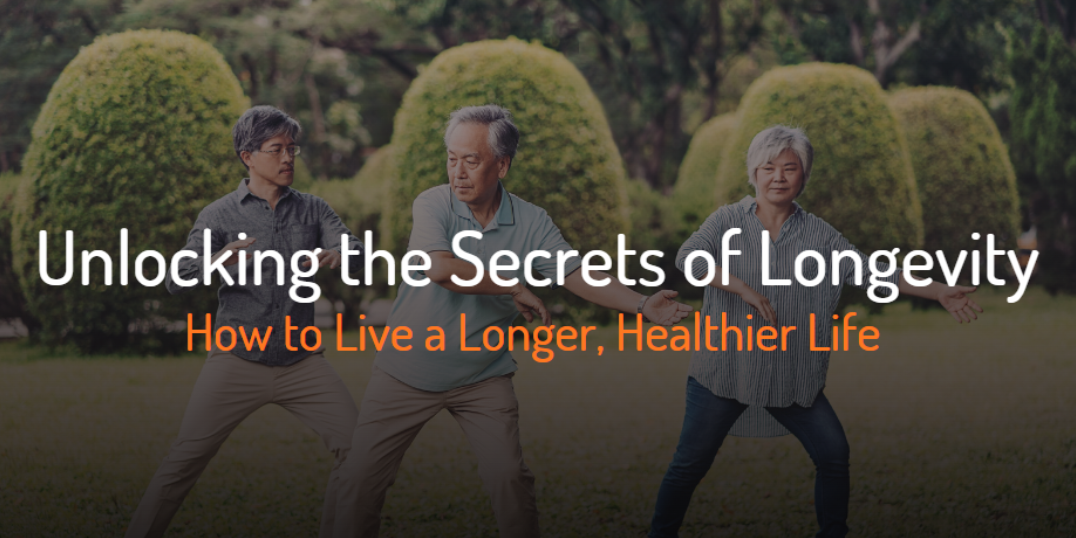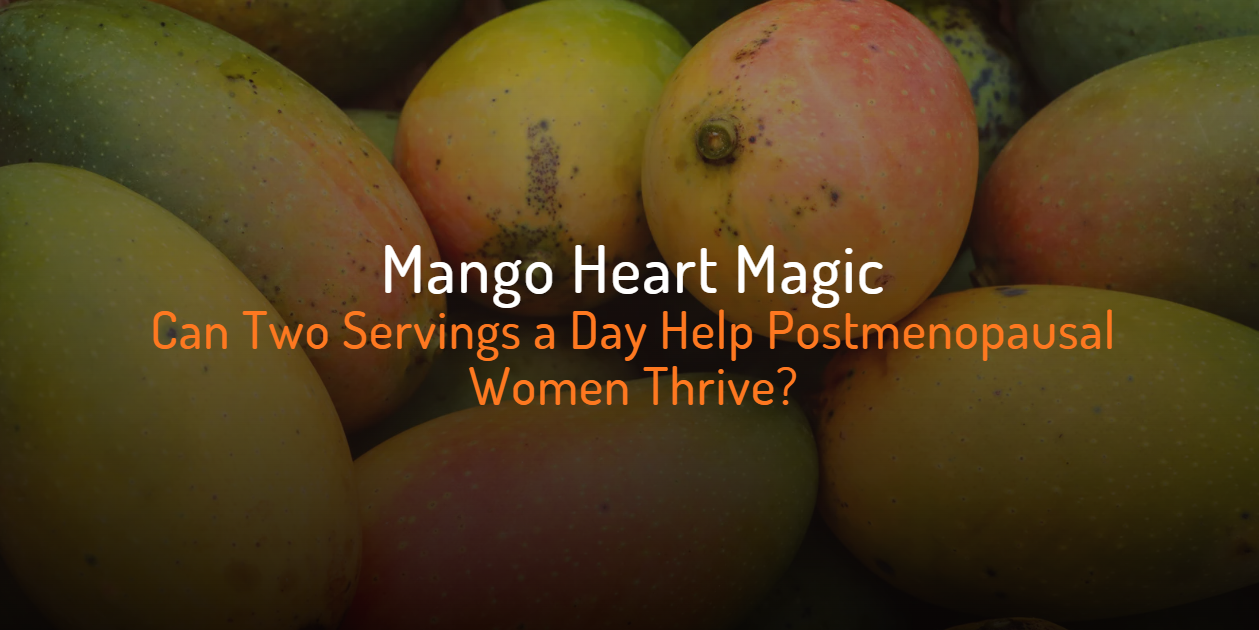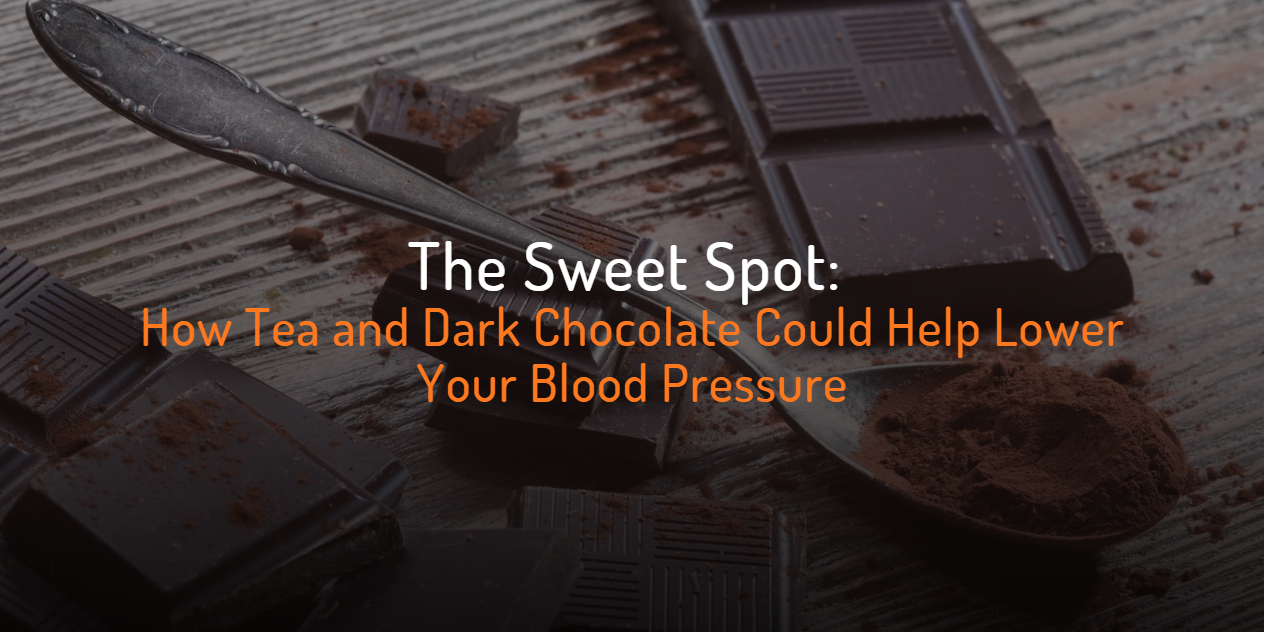

Chanel Willemse
General Manager
24 April, 2025
Living longer isn’t just about clocking more birthdays – it’s about making those years truly count.
From the age-old wisdom of “eat your veggies” to the latest discoveries in personalised health, the journey to longevity is fascinating, and surprisingly, it’s not all about genes. Lifestyle, mindset, and yes, a little science-backed strategy can make all the difference. Let’s unpack the secrets to a longer, healthier life and how you can start today.
The Blue Zones: What We Can Learn From the Longest-Living People
Imagine living to 100 and feeling vibrant, connected, and full of purpose. In certain regions of the world – called Blue Zones – people routinely live longer, healthier lives, often free from chronic illnesses like heart disease and diabetes. These longevity hotspots include Okinawa, Japan; Sardinia, Italy; Nicoya, Costa Rica; Ikaria, Greece; and Loma Linda, California.
The real question is: What’s their secret? Surprisingly, it’s not about expensive supplements, fad diets, or hardcore gym routines. The magic lies in simple, sustainable habits embedded in their daily lives.
A Closer Look at Blue Zones
1. Okinawa, Japan
Okinawa is often referred to as the "Land of the Immortals" because of its high concentration of centenarians. What sets this community apart?
- Diet: Their meals are plant-based and nutrient-dense, featuring sweet potatoes (a staple food), tofu, seaweed, and bitter melons. Their approach to eating is guided by the phrase “Hara Hachi Bu,” which means eating until you’re 80% full – a natural way to prevent overeating.
- Community: Okinawans value “moai,” a concept of lifelong social groups that offer emotional and financial support, reducing stress and loneliness.
- Movement: Gardening is a daily activity, combining physical movement with a connection to nature.
2. Sardinia, Italy
Sardinia boasts one of the world’s highest percentages of male centenarians, thanks to a mix of genetics, diet, and lifestyle.
- Diet: Meals in Sardinia are simple but rich in nutrients, featuring whole grains, beans, and vegetables. Pecorino cheese made from grass-fed sheep is a notable local favourite, providing heart-healthy omega-3 fatty acids.
- Natural Movement: Sardinians don’t hit the gym – their physical activity comes from herding sheep, farming, and walking through hilly terrain.
- Connection: Strong family bonds and daily communal meals create a deep sense of belonging and reduce stress.
3. Nicoya, Costa Rica
This tropical paradise is home to some of the happiest, healthiest people on the planet.
- Diet: Nicoyans consume beans, corn, and squash as staples, along with tropical fruits rich in antioxidants like papaya and mango. They also drink calcium-rich water from natural springs.
- Purpose: Known as “plan de vida,” their strong sense of purpose helps them stay active and engaged throughout life.
- Lifestyle: They prioritise outdoor living, soaking up vitamin D from the sun and staying physically active through daily chores and farming.
What Do These Blue Zones Have in Common?
Despite being scattered across the globe, these regions share several key habits:
- Plant-Based Diets: Their meals are packed with vegetables, legumes, and whole grains, with minimal processed foods or red meat.
- Natural Movement: They stay active through daily life – gardening, walking, or herding animals – rather than structured workouts.
- Strong Social Bonds: Whether it’s moai in Okinawa or family meals in Sardinia, these communities prioritise connection and a sense of belonging.
- Stress Reduction: Practices like prayer, meditation, and evening wind-downs help them manage stress naturally.
- Purpose-Driven Lives: Having a reason to get up in the morning – whether it’s family, work, or community – contributes to longevity.
What We Can Learn from the Blue Zones
While we may not all live in Sardinia or Okinawa, we can adopt habits from these regions to improve our own longevity. Here are some actionable tips to get started:
-
Eat More Plants
Make vegetables, legumes, and whole grains the stars of your plate. Start by swapping meat for beans or lentils a few times a week. -
Move Naturally
Look for ways to add movement into your day without formal workouts. Take the stairs, go for a walk after dinner, or try gardening – your body will thank you. -
Prioritise Relationships
Schedule regular meals or catch-ups with family and friends. Building and maintaining strong social connections can reduce stress and boost happiness. -
Practice Mindfulness
Incorporate small stress-reducing rituals like deep breathing, journaling, or a moment of gratitude each day. -
Find Your Purpose
Reflect on what gives your life meaning – whether it’s family, work, or a hobby – and make time for it regularly.
The beauty of Blue Zone habits is their simplicity. You don’t need to overhaul your life or move to a remote village to benefit from these practices. Small, consistent changes can lead to a longer, healthier, and more fulfilling life – starting today.
Modern Lifestyle Barriers to Longevity: What’s Holding Us Back?
While the secrets of longevity may seem simple – eat well, stay active, and connect with others – our modern lifestyles often make these habits harder to maintain. Urbanisation, technology, and convenience culture have reshaped how we live, creating barriers that weren’t a concern for the longest-living communities in the world. Let’s explore what’s getting in the way and how to overcome these obstacles.
1. The Urbanisation Effect: A Double-Edged Sword
City life offers opportunities, but it also introduces unique challenges for longevity. Increased access to fast food, higher levels of air pollution, and reduced access to green spaces can take a toll on physical and mental health.
The Barrier:
- Overreliance on convenience foods that are high in sugar, salt, and unhealthy fats.
- Limited outdoor activities due to safety concerns or lack of nearby parks.
The Solution:
- Reclaim Your Plate: Prep quick, nutrient-rich meals at home, focusing on whole foods. Batch cooking on weekends can save time and ensure healthier choices during the week.
- Bring Nature to You: Even in an urban setting, you can incorporate nature by keeping indoor plants or visiting local botanical gardens on weekends.
2. Sedentary Jobs: Sitting is the New Smoking
The shift from physically demanding jobs to desk-based work has created a generation of sedentary lifestyles. Prolonged sitting slows metabolism, affects circulation, and increases the risk of heart disease and other chronic conditions.
The Barrier:
- Most office jobs require sitting for 6–8 hours a day, with little opportunity for movement.
- Lack of time or motivation to exercise after a long workday.
The Solution:
- Move More at Work: Use a standing desk or set a timer to stretch or walk for 5 minutes every hour. If possible, try walking meetings or park farther from the office to increase your daily steps.
- Mini Workouts: Incorporate short bursts of activity, like a 10-minute yoga session or bodyweight exercises during lunch breaks.
3. Processed Foods: Convenience Comes at a Cost
The rise of processed and ultra-processed foods has made eating on-the-go easier, but these foods often lack the nutrients needed for long-term health. They’re packed with empty calories, artificial additives, and trans fats that can harm your heart, brain, and metabolism.
The Barrier:
- Busy schedules often make quick, processed options more appealing than cooking from scratch.
- Marketing can mislead consumers into believing certain packaged foods are healthy.
The Solution:
- Snack Smarter: Swap chips and sugary snacks for nuts, seeds, or fruit. Keep these on hand at work or in your bag to avoid vending machines.
- Plan for the Week: Build a weekly grocery list focused on whole ingredients. Pre-wash fruits and veggies so they’re ready to eat or cook.
4. Chronic Stress: The Modern Epidemic
Unlike the cyclical stress our ancestors faced, modern stressors are constant – deadlines, financial pressures, and information overload. Chronic stress doesn’t just wear you down mentally; it also affects your heart, immune system, and even gut health.
The Barrier:
- Always being “on” due to constant notifications and connectivity.
- Lack of downtime to recharge or decompress.
The Solution:
- Tech Detox: Set boundaries for screen time, such as no phones after 8 p.m. or turning off non-essential notifications.
- Schedule Relaxation: Treat self-care like an appointment. Whether it’s reading, meditating, or taking a walk, prioritise activities that calm your mind.
5. Social Isolation: A Hidden Threat
While technology keeps us connected digitally, it can’t replace face-to-face interactions. Many people, especially in urban areas, feel increasingly isolated, which has been linked to poor mental and physical health.
The Barrier:
- Busy schedules and long commutes can make maintaining relationships harder.
- Overreliance on social media for connection, which can sometimes worsen feelings of loneliness.
The Solution:
- Make Time for People: Schedule regular coffee dates, game nights, or walks with friends or family.
- Join a Community: Whether it’s a local fitness class, book club, or volunteering group, connecting with others in person is a powerful way to boost longevity
Modern Longevity is About Balance
While our fast-paced world creates unique challenges, it also offers tools and resources that can help. From apps that track your hydration to online workout classes, there are plenty of ways to take charge of your health. The key is to be intentional: choose habits that align with your life and make small adjustments that fit seamlessly into your routine.
Longevity doesn’t mean going back in time – it’s about finding ways to thrive in today’s world while staying true to what works for your body and mind
The Role of Mindset in Longevity
A positive mindset doesn’t just make life more enjoyable – it can actually help you live longer. Research shows that optimism is linked to lower cortisol levels, improved immune function, and even a reduced risk of chronic diseases. People with a positive outlook tend to handle stress more effectively, bounce back from illness faster, and maintain healthier habits overall.
Finding Your Purpose: The Power of Ikigai
In Okinawa, Japan – people embrace the concept of ikigai, which translates to "reason for being." It’s about finding meaning and purpose in everyday life, whether through work, hobbies, or relationships.
How to Discover Your Ikigai:
- Ask yourself what you love to do.
- Identify what you’re good at.
- Reflect on what gives your life meaning and fulfilment.
Simple Ways to Cultivate Positivity
- Practice Gratitude: Start or end your day by listing three things you’re thankful for – even small wins count.
- Strengthen Relationships: Spend time with loved ones who lift you up and encourage you.
- Celebrate Progress: Acknowledge your achievements, no matter how minor, to build momentum and confidence.
By focusing on what brings you joy and purpose, you can not only boost your happiness but also your chances of living a long, fulfilling life
A Little Science Goes a Long Way
While a balanced lifestyle is the cornerstone of longevity, personalised health can take your efforts to the next level. Advances in genetic testing and biomarker analysis now make it possible to tailor your nutrition based on your body’s unique needs.
For example:
- Omega-3s: Support heart and brain health.
- Vitamin D: Boosts bone health and immune function, especially as we age.
- CoQ10: Enhances cellular energy and protects against oxidative stress.
- Curcumin: An anti-inflammatory powerhouse found in turmeric.
- Resveratrol: The "anti-aging" compound in red wine, linked to improved cardiovascular health.
Here’s the key: supplements should enhance your lifestyle, not replace it. The best results come from combining targeted nutrition with habits like movement, stress management, and quality sleep.
Not sure where to start? Vitamin Club takes the guesswork out of personalised nutrition. Our easy-to-use Personalised Vitamin Quiz creates a tailored supplement plan designed to support your unique wellness goals, helping you live longer and feel better every day.
What Longevity Really Means
At its heart, longevity isn’t just about living longer – it’s about thriving in the years you have. It’s waking up with energy, feeling connected to the people around you, and knowing you’re giving your body what it needs to keep going strong.
The best part? You don’t need to overhaul your life overnight. Start small, stay curious, and remember: every positive change adds up.
So, what’s one thing you can do today for a healthier tomorrow?
Try This Today: Start Your Longevity Journey
You don’t need to move to Okinawa to start embracing longevity practices. Here’s a small step you can take today:
💡 Plant-Based Power: Swap one meal this week for a plant-based option like a hearty lentil stew or roasted veggie bowl with quinoa.
💡 Move with Purpose: Take a 10-minute walk after dinner or spend time in your garden – it’s great for your heart and your mind.
💡 Reach Out: Call a loved one or plan a coffee date. Building strong social connections is as good for your health as any superfood!
Every small change you make adds up, bringing you closer to a life filled with health, happiness, and purpose. The key? Start where you are, and build from there.

